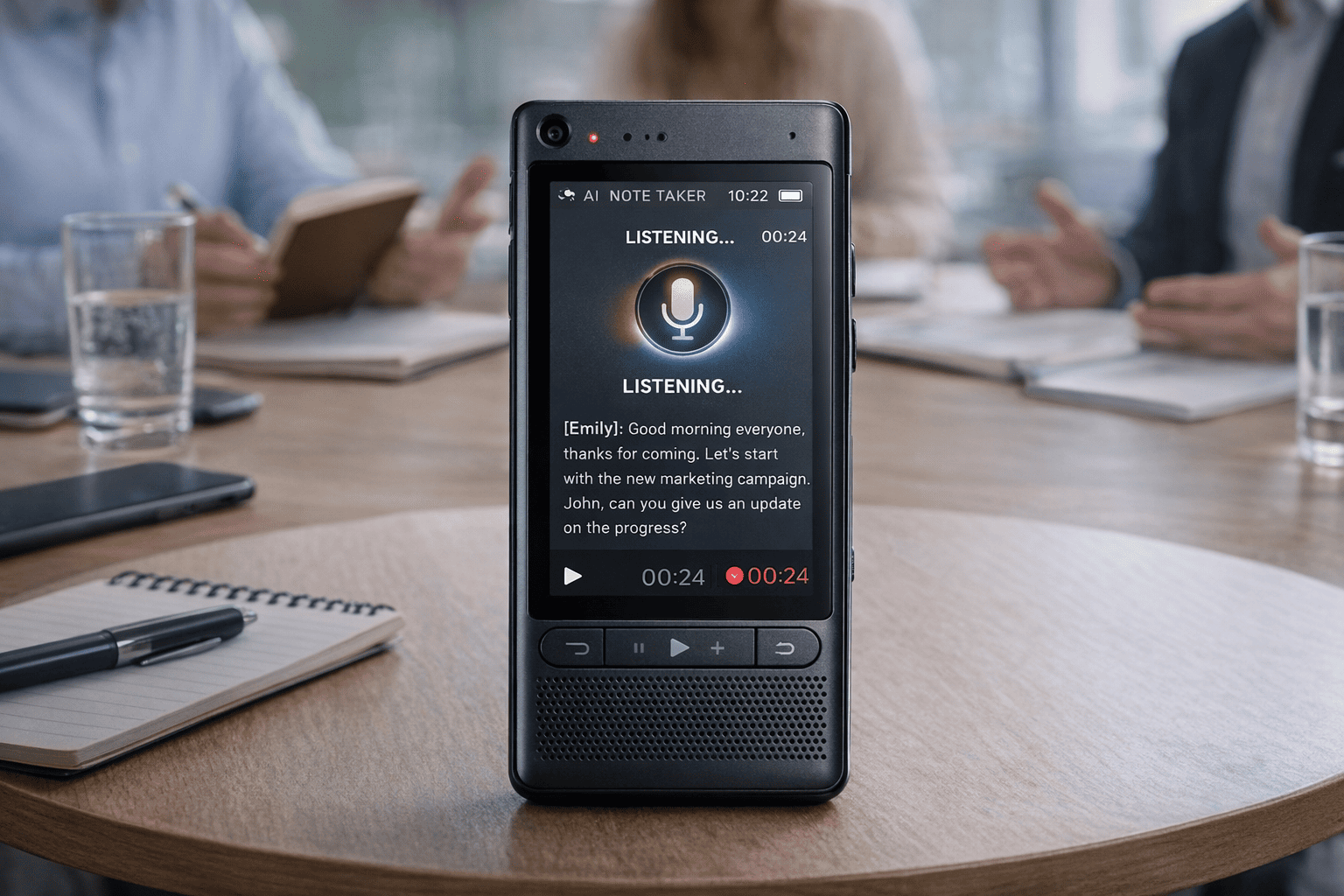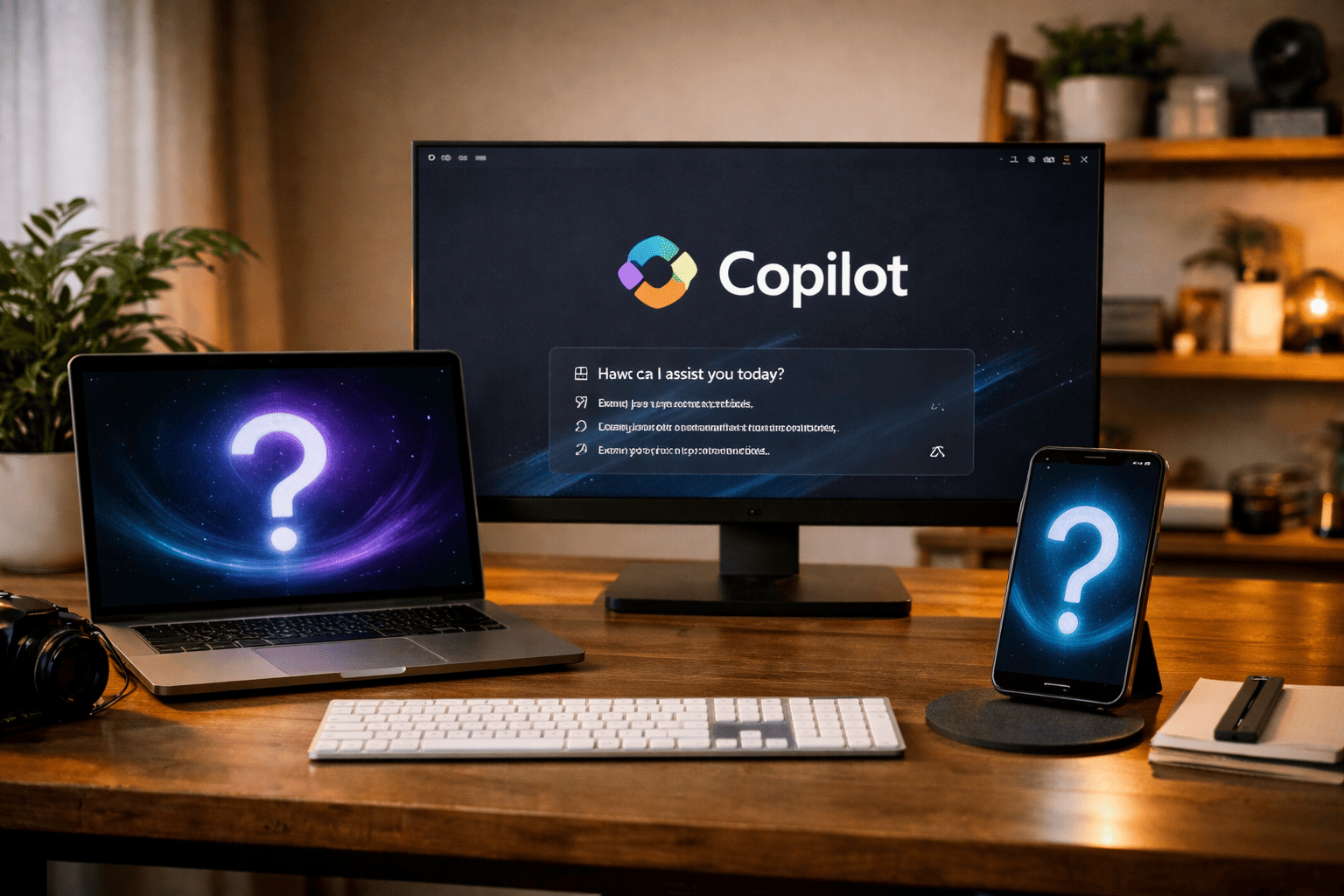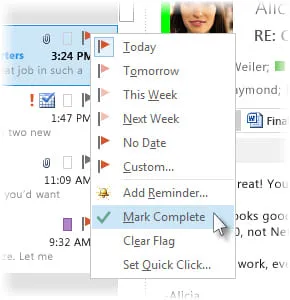Noota vs Gemini

Get the work done for any meeting
Meeting transcription, AI custom notes, CRM/ATS integration, and more
Overall Conclusion

Across 11 key categories, Noota outperforms Gemini in 9, matching in 1, and trailing in 1. With a total of 166 points versus Gemini’s 77, Noota delivers a broader, deeper meeting intelligence platform—ideal for cross-platform, organization-wide usage—while Gemini remains a lighter, Meet-bound AI assistant.
Transcription Capabilities

Noota offers friction‑free, unlimited transcription across Zoom, Meet, Teams and in‑person sessions, auto‑starts with no host toggle, covers 40 + languages and dialect variants, tags real speaker names, removes filler words, supports custom vocabularies, generates clips, action‑item–rich reports and shares them organisation‑wide from a single workspace;
By contrast, Google’s Gemini for Workspace works only inside Google Meet and only if a host enables the paid Gemini Enterprise add‑on, producing speaker‑number labels, limiting transcripts and AI notes to eight languages with no dialect adaptation, omitting filler‑word cleanup, clips and custom terms, and saving files to the organiser’s Drive where outsiders need manual access, though it does provide a real‑time caption scrollback that Noota deliberately forgoes in favour of higher‑accuracy post‑meeting processing—making Gemini adequate for in‑Meet catch‑up inside a pure Google stack but leaving Noota the clear choice for cross‑platform, multilingual sales and recruiting teams that need depth, accuracy and frictionless knowledge sharing.
Recording Capabilities

Noota delivers true “record‑anything” coverage: it captures Google Meet, Teams, Zoom, Webex or any browser tab, handles in‑person mic feeds, mobile sessions, and VoIP calls via Ringover/Aircall—then even lets you drag‑and‑drop legacy audio/video for back‑fill—while its Chrome extension can be set to start automatically on every encounter, regardless of who owns the meeting.
Gemini, by design, never leaves Google Meet; it can clip a Voice call if your domain pays extra, but it won’t touch Zoom links, in‑room mics, random browser demos or file uploads, and it only records when a host or co‑host explicitly hits “Take notes with Gemini.”
In short, Noota provides platform‑agnostic, always‑on recording that users can’t forget, whereas Gemini offers a neat one‑click recorder that works beautifully—until the conversation moves anywhere other than Google Meet.
Reports & Notes
Noota delivers a fully structured, customizable, and intelligence‑driven note‑taking system: every call—sales, hiring, onboarding, or internal—flows automatically into role‑specific templates that surface summaries, decisions, action items, scorecard metrics, and coaching insights, all exportable as PDF, CSV, text, or pushed straight to your CRM, ATS, Notion, or Slack. Users can tweak layouts, create per‑job templates, and auto‑email context‑aware reports the moment a meeting ends, while Noota’s cross‑platform auto‑detection means you never have to remember to turn it on.
Gemini’s “Take notes with Gemini” in Google Meet can also spit out a recap, but it’s rigid and Meet‑bound : the output is a canned Google Doc in English (with a handful of additional languages now rolling out) that lands in the organiser’s Drive and is emailed only to permitted participants, with no template library, no field mapping, and no direct export beyond Google’s own apps.
While hosts can pre‑schedule auto‑start in Calendar, Gemini still relies on someone enabling the feature and provides no cross‑tool detection, so any Zoom, Teams, or phone conversation goes uncaptured. It lacks scorecards, coaching analytics, or deep customisation—turning it into a static recap layer inside the Google stack, whereas Noota turns meeting notes into a living system of intelligence that drives performance and follows your team wherever they talk.
Knowledge Management

With Ask Noota, you can ask questions across all past meetings, even those you didn’t attend, thanks to its multi-meeting memory and organization-level knowledge access. It understands context across time, speakers, and topics—making it a true source of collective intelligence.
Gemini, by contrast, is limited to single-meeting queries and only works on meetings you personally participated in. There’s no organizational visibility, no memory beyond one call, and no ability to aggregate insights at scale.
Noota’s Ask Noota acts like an enterprise‑wide memory: because every transcript lives in the same graph, you can pose an open‑ended question (e.g., “What objections did contractors raised about pricing last quarter?”) and it will reason across all recorded meetings—regardless of who attended— to surface the exact moments, speakers and follow‑up notes. That shared corpus gives every employee instantaneous access to the organisation’s collective experience, not just their own. Gemini, by contrast, can only interrogate the single Google Doc created for the meeting you’re in (or, via the Drive side panel, whatever individual files you explicitly “@‑mention”); it has no automatic, cross‑meeting index and is further constrained by Drive permissions, so you can’t mine conversations you didn’t attend.
Admin & Control
Noota gives administrators granular control—custom dictionaries, sentiment toggles, audio‑only recording, keyword‑driven capture rules, and global policy sets—so compliance and privacy teams can fine‑tune behaviour to real‑world regulations.
Gemini’s Meet admin panel offers only basic on/off and per‑meeting recording switches; it lacks custom vocabulary, sentiment analytics, speaker‑matching sophistication, and keyword triggers, although it does let Workspace admins centrally enable or disable the AI note‑taker.
Support
Noota surrounds customers with white‑glove service: real‑time chat inside the app, live training customised to each workflow, and a named account manager at the Enterprise level.
Gemini inherits Google Workspace’s strong 24/7 admin support and a broad library of self‑guided videos, but bespoke help costs extra—dedicated Technical Account Managers and premium training are only available as paid upgrades, and there’s no built‑in mechanism to tailor note‑taking or analytics to a customer’s specific playbook.
Organization
Noota is engineered for organisational scale: every meeting funnels into a central, permission‑controlled library with auto‑foldering by client, deal stage or hiring pipeline, plus smart filters (participants, company, topics, sentiment). Search queries run across the whole corpus, empowering anyone to mine institutional knowledge.
Gemini’s Meet notes and transcripts, by contrast, are single files saved to the meeting organiser’s Drive. You can open each Doc and use standard text search or Drive’s “Ask Gemini” for that file, but there’s no cross‑meeting index, no automatic workspace hierarchy, and no metadata filters. Keeping knowledge in silos means teams can’t easily surface patterns or share insights at scale—each user must hunt through individual Drive folders (or hope the organiser shared the file in the first place). In short, Noota operates as a company‑wide knowledge base; Gemini remains a per‑meeting artefact repository.
Integration
Noota plugs straight into the daily revenue stack—major CRMs, 20‑plus ATSs, Slack, Notion, and even VoIP vendors—so meeting outputs land exactly where teams work.
Gemini’s Meet note‑taker stays inside Google Workspace: it can push a recap to Google Docs or draft an email in Gmail, but offers no native hooks into external CRMs, ATSs, Slack, or VoIP systems and zero Microsoft storage integration (OneNote / OneDrive).
Conversation intelligence
Noota goes well beyond the one‑off recap: it mines patterns across every call, tracks custom keywords, scores reps against playbooks and surfaces sentiment‑aware coaching dashboards—turning transcripts into a continuous improvement loop.
Gemini’s new Take notes feature is handy for single‑meeting summaries and will now append action items, but there’s no multi‑meeting memory, no coaching layer, no keyword or sentiment analytics, and no speech‑metric breakdowns.
Security

Noota is architected for European data sovereignty: default EU storage, optional zero‑day deletion, audio‑only capture for privacy, and no U.S. legal exposure.
Gemini inherits Google’s robust compliance stack (SOC 2, ISO, HIPAA BAA, GDPR), doesn’t train on your content, and now offers 18‑month prompt retention with upcoming admin controls. Yet it still sits under U.S. jurisdiction and restricts strict EU‑only residency to premium editions, while offering no documented zero‑retention path.
For strictly EU‑focused, sovereignty‑sensitive organisations, Noota still provides finer‑grained control; Gemini is secure and compliant but tied to Google’s global footprint and retention defaults.
Price
Noota keeps pricing simple and à‑la‑carte: a true free tier, two flat paid tiers with all features unlocked, and bespoke enterprise deals that already include SSO, integrations and support.
Gemini is no longer a separate add‑on; its AI meeting notes come bundled in the underlying Workspace subscription. That lowers the entry price (≈ $14 user/mo on Business Standard) but means there’s no free level and you still pay for Workspace itself. Premium options—enhanced support, EU‑only data regions—add extra line items.
Get the work done for any meeting
Meeting transcription, AI custom notes, CRM/ATS integration, and more
Related articles

Forget note-taking and
try Noota now
FAQ
In the first case, you can directly activate recording as soon as you join a videoconference.
In the second case, you can add a bot to your videoconference, which will record everything.
Noota also enables you to translate your files into over 30 languages.

.svg)
.svg)

.webp)

.png)


.svg)
